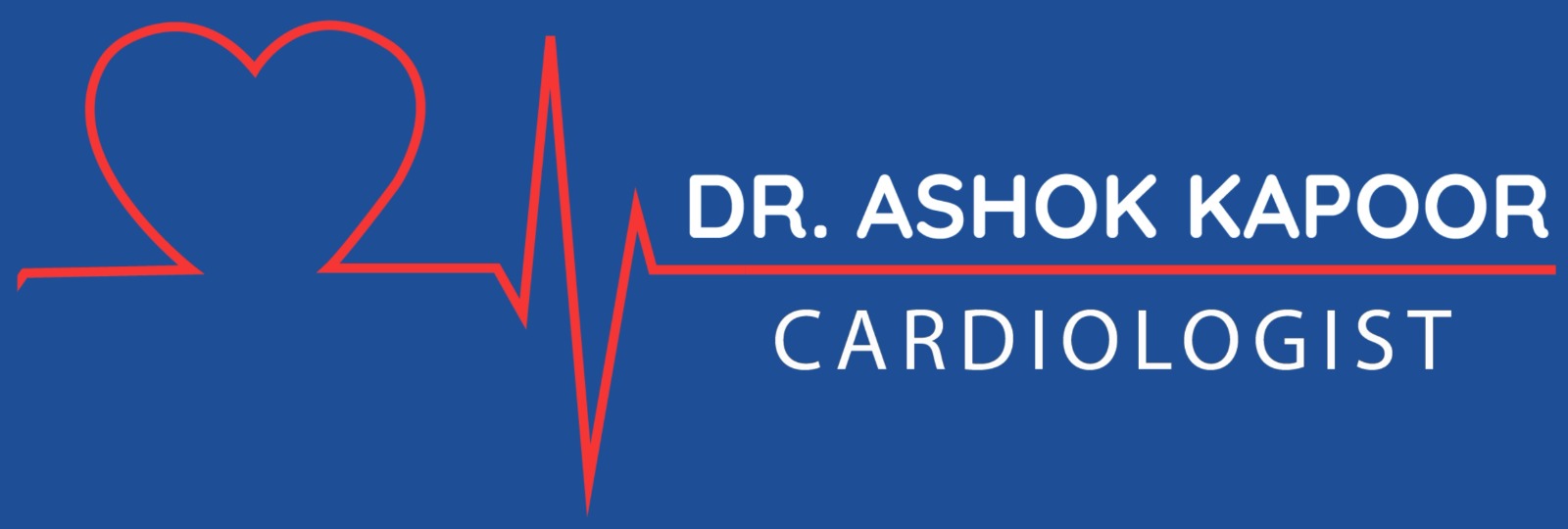24-Hour Holter Monitor
A Holter monitor is a small, portable device that records your heart’s electrical activity (ECG/EKG) continuously for 24 hours or more. It helps doctors detect heart rhythm problems that don’t always show up during a standard ECG in the clinic.

When is it used?
Doctors usually recommend a Holter monitor if you experience:
- Irregular heartbeats (arrhythmias)
- Dizziness or fainting
- Palpitations (feeling like your heart is racing or skipping beats)
- Unexplained chest pain
- Normal ECG but ongoing symptoms
How does it work?
- Electrodes (sticky pads) are placed on your chest.
- These are connected by wires to a recorder device you wear around your waist, neck, or shoulder.
- The device records your heart's activity non-stop for 24 to 48 hours.
- During this time, you continue your normal daily activities (walking, sleeping, eating), but you can’t shower or swim, as the device isn’t waterproof.
- You may be asked to keep a diary of any symptoms you feel — like dizziness or fluttering — and note the time they happen.
What happens after the test?
- After 24–48 hours, you return the device to your doctor or hospital.
- A technician downloads and analyzes the data.
- The doctor compares your heart's rhythm data with the symptoms you recorded in your diary.
- The doctor compares your heart's rhythm data with the symptoms you recorded in your diary.
- This helps diagnose conditions like atrial fibrillation, bradycardia (slow heart rate), tachycardia (fast heart rate), or other rhythm disorders.
Benefits of a Holter Monitor
- Painless and non-invasive
- Records every heartbeat over a long period
- Helps detect hidden heart issues missed by a regular ECG
- Provides doctors with better information to guide treatment
Our Location
- Getwell Medical Center, 2nd Floor, Getwell Building, Bank Street, Bur Dubai, UAE
Quick Contact
- ashukap@gmail.com
- +971504505865
Opening Hours
- Mon – Sat: 8:00am – 10:00pm
- Sunday: 8:00am – 5:00pm
